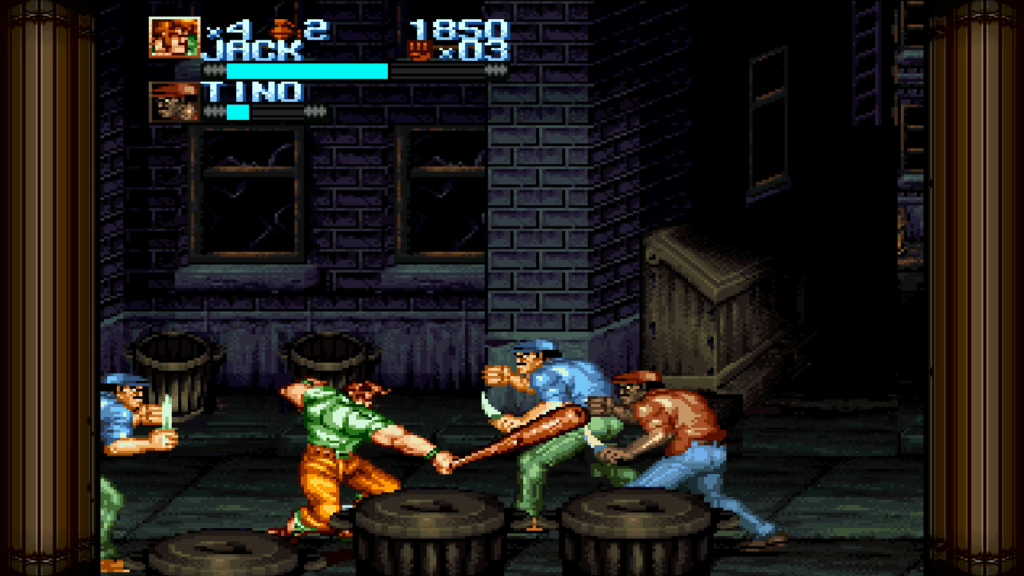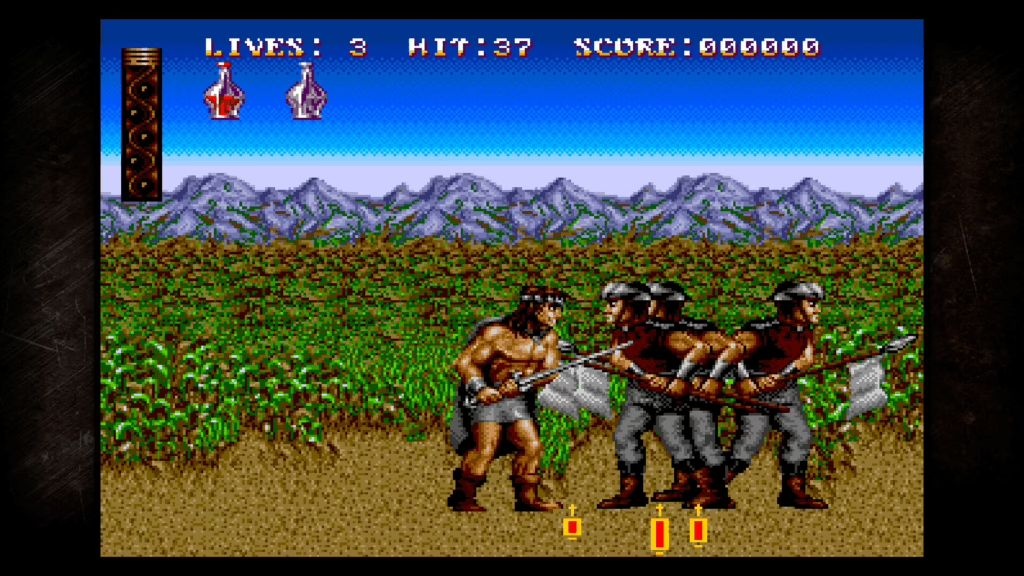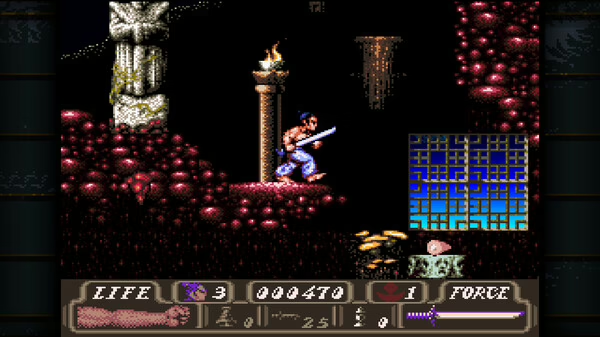In a gaming landscape where preservation and nostalgia are rapidly becoming currency, QUByte Interactive returns with yet another retro anthology—this time diving deep into the dustier corners of 16-bit memory lanes. Their latest, Beat ’Em Up Collection (QUByte Classics), curates a lineup of brawlers and action-platformers that range from charmingly obscure to aggressively mediocre. It’s an uneven package, but one that serves as an accidental time capsule of game design that dared to color outside the lines.
If you grew up with a six-button Genesis controller in your hand or swapped cartridges with friends who somehow always had the weird imports, this collection is for you—warts and all.

A Showcase of the B-Sides
Let’s be clear: this isn’t a celebration of Final Fight, Streets of Rage, or TMNT. Instead, it’s a walk through the genre’s bootleg back alleys—where ambition often outpaces budget, and mechanics can be as clunky as they are bold. Included are seven titles:
- First Samurai / Second Samurai
- Iron Commando
- Legend
- Water Margin: Tale of Clouds and Winds
- Sword of Sodan
- Gourmet Warriors
While some are true beat ’em ups in the arcade tradition, others veer toward hack-and-slash or platforming hybrids. It’s a genre-loose curation that might frustrate purists but reward those interested in the evolutionary oddities of 90s game design.
The Good, the Janky, and the Just Plain Weird
The headliner here is First Samurai—a fluid, atmospheric platformer with light RPG sensibilities, originally a cult hit on the Amiga. It feels at home here even if it strays from the “brawler” label. Combat is kinetic, the level design rewards exploration, and the mystic setting gives it a distinct identity.
But that quality is quickly diluted when you reach Second Samurai, a sequel that’s technically playable but stripped of its predecessor’s nuance. On the Genesis, it looks and feels like a rushed demake, which sets a trend that carries through several other titles.

Iron Commando and Legend flirt with competence. The former is chunky and loud—like Final Fight wearing work boots—with a heavy reliance on enemy waves and explosive chaos. The latter borrows liberally from Golden Axe, but without its pacing or polish. These are the kind of games you remember renting on a whim, playing for two hours, and wondering if you missed something.
Then there’s Gourmet Warriors—possibly the collection’s biggest curiosity and most entertainingly bizarre title. You beat up enemies, collect food, cook recipes between levels, and play as characters named “Bonjour” and “Très Bien.” It’s one part parody, one part fever dream. And it works.
Water Margin, a Chinese-developed title based on one of the four great classical novels of China, is visually interesting and surprisingly playable, even if its hit detection is spotty and the AI dumb as bricks. Finally, we get Sword of Sodan—a game that was infamously bad on Amiga and somehow worse on Genesis. It’s here, likely for historical completeness, but it’s easily the worst of the bunch.
Preservation Done Right
Despite the inconsistency of the lineup, QUByte deserves credit for its emulation work. The collection is presented with care: rewind functionality, save states, controller remapping, scanline and CRT filters, and a small but welcome gallery of music and manuals. For retro preservationists and emulation enthusiasts, this is a respectable package.

Each game is also accompanied by an info card, and many come with cheat toggles—like infinite lives or continues—making the more frustrating entries more bearable. These features elevate what would otherwise be a throwaway bargain bin release into something archival.
No Online, All Couch
A major letdown is the lack of online multiplayer support. All games are local-only, which limits their appeal in a world where couch co-op isn’t always feasible. Brawlers thrive on shared chaos, and the inability to jump into a session with a friend online feels like a missed opportunity.
Also worth noting is the inconsistent controller responsiveness. Some titles feel tight and snappy (like First Samurai), while others suffer from input lag or weird hitbox behavior (Legend and Sword of Sodan come to mind). These aren’t QUByte’s fault per se—they’re artifacts of the source material—but the friction is real.
Final Verdict – For the Curious and the Brave
Beat ’Em Up Collection (QUByte Classics) isn’t a greatest hits album—it’s a collection of demos, lost tapes, and strange experiments. But that’s what makes it interesting. If you approach it with historical curiosity and a tolerance for jank, you’ll find value in this package. But if you’re looking for tight gameplay, balanced difficulty, or refined co-op experiences, you’ll walk away disappointed.
It’s not essential. It’s not polished. But it’s authentic—and sometimes, that’s enough.
Beat ’Em Up Collection (QUByte Classics): Beat ’Em Up Collection (QUByte Classics), curates a lineup of brawlers and action-platformers that range from charmingly obscure to aggressively mediocre. It’s an uneven package, but one that serves as an accidental time capsule of game design that dared to color outside the lines. – Mario Vasquez